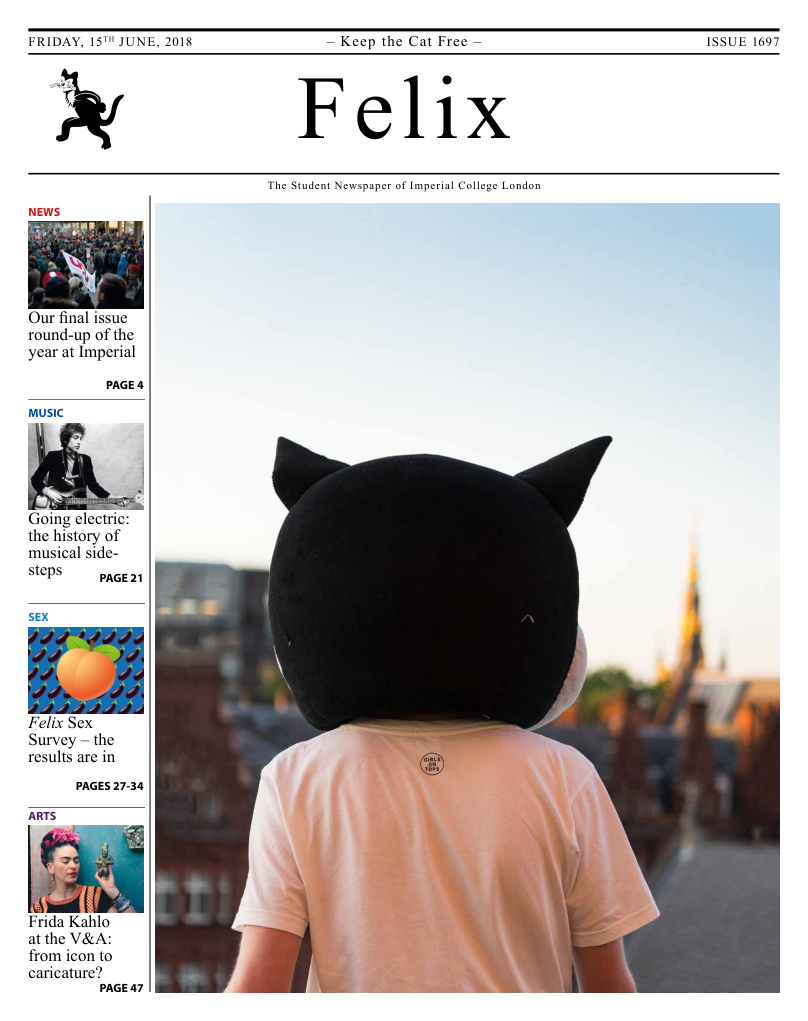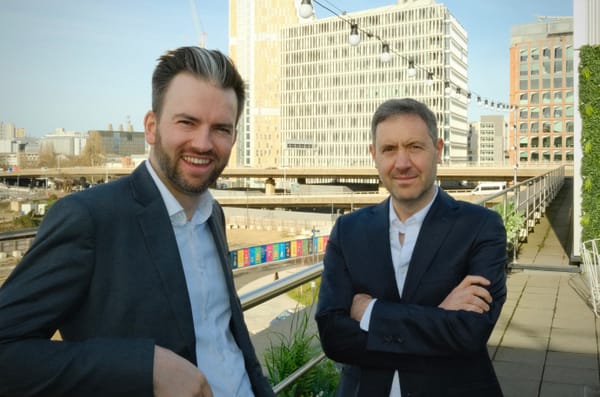Why we struggle to live up to our ideals
New psychological research shows why the goals we set ourselves often seem the hardest.

A recent study from Dr. Shai Davidai and Professor Thomas Gilovich at Cornell University shows our prominent regrets arise from ‘the ideal road not taken’ – our inability to fulfil our ideal-self aspirations. Additionally, results from six studies indicate 76% of people report not meeting their personally-imposed goals as the biggest regret in their lives.
The theory at the core of this research relies on the idea that a person’s sense of self depends on three attributes: the ideal self (their life aspirations), actual self (attributes that they possess), and ought self (who their obligations indicate they should be). The following example could be used to frame this theory: a scientist aspires to become a successful academic (ideal self), considers themselves hardworking (actual self) and is expected to be productive by their peers, colleagues and public (ought self). It is not difficult to imagine how not being able to personally call themselves a ‘successful academic’ would constitute a regret more damaging than not being called ‘productive’ enough by others – since they are their own biggest critic.
The researchers proposed an explanation that has to do with our own set goals and resources needed to achieve them, rather than our subjective experience of self. Being “hardworking” or “productive” involves clear targets – a number of intense working hours daily, and a certain output. Poorly defined guidelines for achieving ideal-self aspirations, meanwhile – such as being a “successful scientist”, a “good mentor”, or a “good parent” – pose harm for individuals, and implicitly for the society, since what it means to have one of these attributes is, at large, a subject to debate.
A connection worth further investigation is between regrets concerning the ideal-self and impostor syndrome, a condition that makes people doubt their accomplishments and consequently feel as if they were a fraud. While research on impostor syndrome is limited, recently individuals have taken to social media to voice to raise awareness about it – which has the potential to trigger increased scientific interest. A recent study published in the International Journal of Medical Education found around a quarter of male and half of female US medical students suffer from imposter syndrome, especially towards the end of medical school. The researchers highlighted one possible reason for such emotions would be feelings of anxiety about their ability to practice as a doctor upon graduation.
Another possible explanation, in light of the Cornell University research findings, may be a discrepancy between our ought self and actual self, or the ideal self and actual self. Thus, an interesting research avenue would be to compare and contrast the ought self and the ideal self, as well as to investigate what happens in situations when the line is blurred between what one wishes for oneself and what others expect.
Research into behaviour has the power to teach us a basic understanding of what being human entails, and, importantly, what we can do to improve society. By using this knowledge of what generates feelings of regret, we can improve communication about what people want to bring to the table, allowing them to build a thriving community at work, home, or outside.








